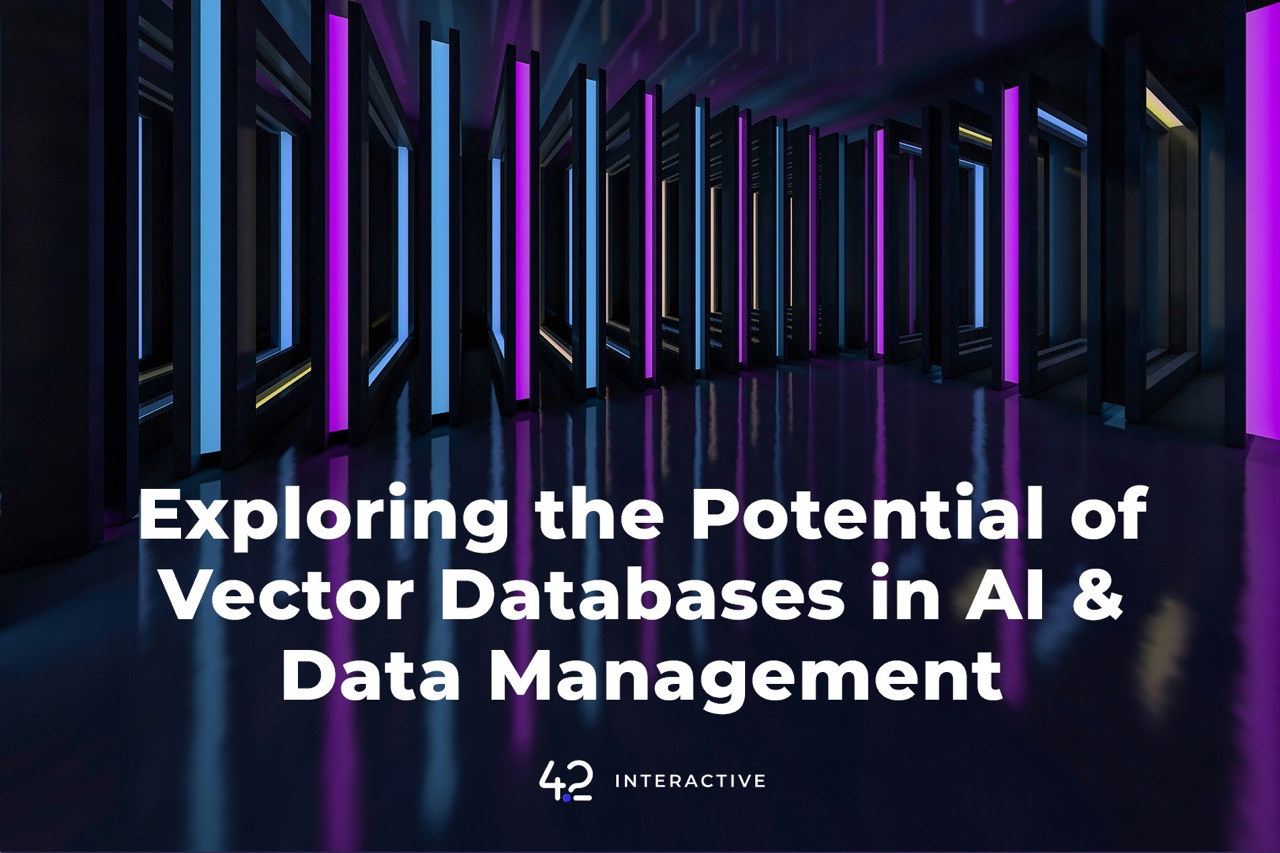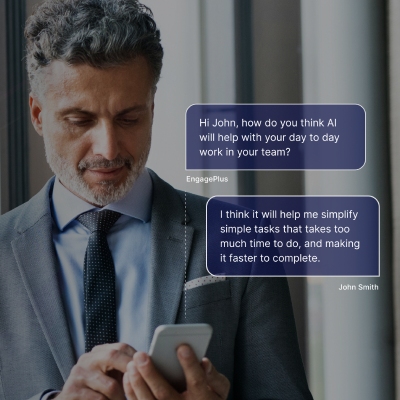Exploring the Potential of Vector Databases in AI and Data Management
July 12, 2024
In the realm of modern data science and artificial intelligence (AI), the need for efficient data storage and retrieval systems has become increasingly critical. One innovative solution that has emerged to address these challenges is the concept of a Vector Database.
A Vector Database, also known as a Vector Database Management System (VDBMS) or Vector Store, represents a cutting-edge approach to storing and querying data, particularly suited for applications involving vectors—fixed-length lists of numbers—commonly found in AI and machine learning contexts.
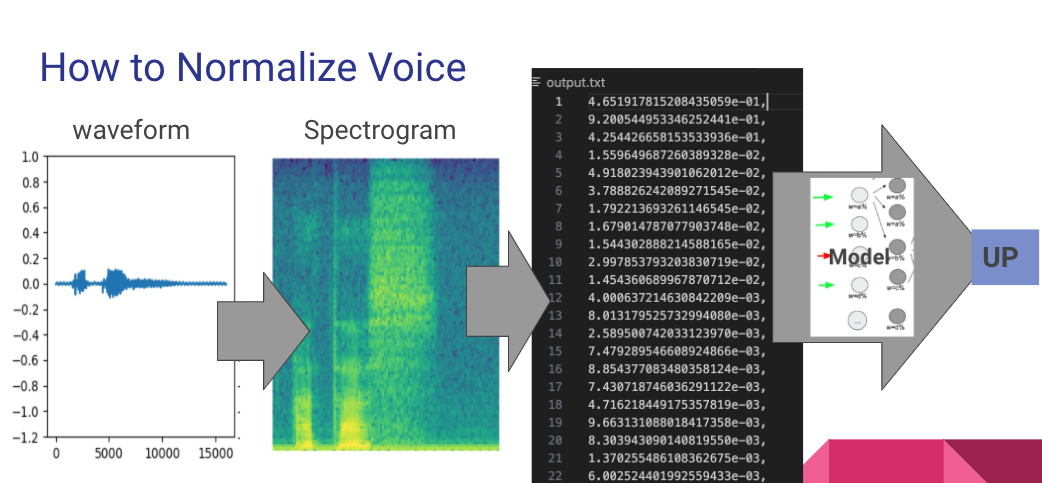
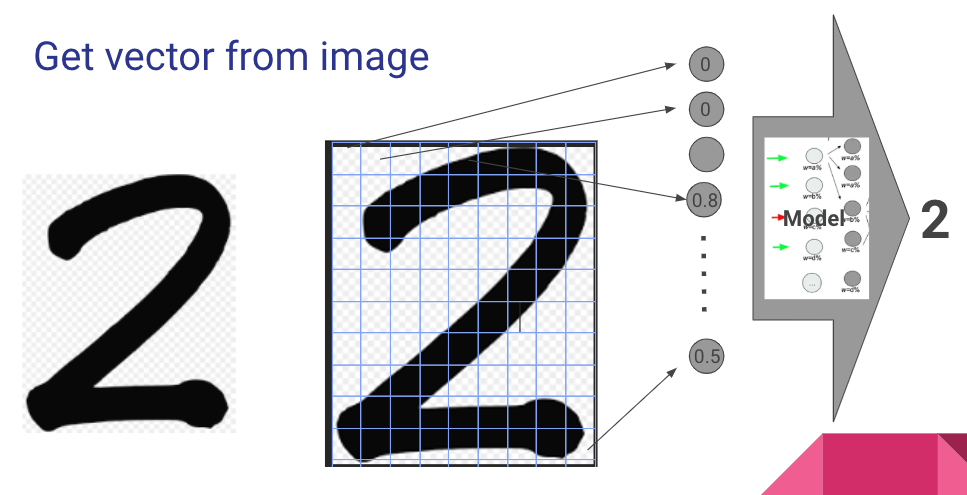
Understanding Vector Databases
According to Wikipedia, a Vector Database is a specialised type of database capable of storing vectors alongside other data items. What sets vector databases apart is their integration of Approximate Nearest Neighbor (ANN) algorithms.
These algorithms enable users to efficiently search the database with a query vector and retrieve the closest matching database records. This capability is particularly advantageous in scenarios such as image or audio recognition, where data is transformed into vectors (like waveform or spectrogram representations) for AI processing.

Overcoming Retraining Challenges
Traditional AI workflows often involve collecting large volumes of data, training models on this data, and then deploying these models to client machines for use. However, a significant challenge arises when new data arrives, necessitating retraining of models—a process that can be time-consuming and costly.
For instance, training sophisticated AI models like ChatGPT can incur substantial expenses, sometimes amounting to millions of dollars per iteration.
Leveraging Vector Databases for Efficiency
Vector databases offer a compelling solution to the retraining dilemma. Instead of retraining models every time new data arrives, users can leverage vector databases to seamlessly integrate new data into the system.
By inputting new data directly into the vector database, it becomes instantly available for query and use without the need for extensive retraining cycles. This streamlined approach not only saves time but also reduces computational costs associated with model updates.
Benefits and Considerations
The primary benefit of using a vector database lies in its ability to expedite the integration of new data into AI systems without the need for laborious retraining processes. When querying the vector database, users receive results that represent the most significant likelihood matches based on the underlying vector representations.
However, it’s essential to acknowledge certain constraints associated with vector databases. Notably, the reliance on online connectivity is a key limitation, as current vector databases lack robust offline capabilities. This constraint may pose challenges in scenarios where local or offline access is preferred or required.
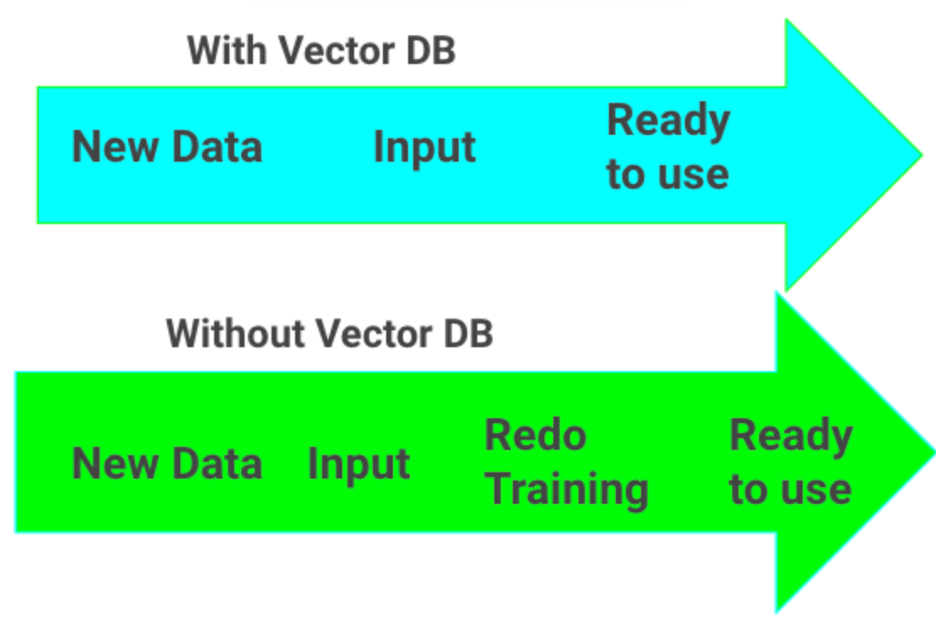
Conclusion
In conclusion, Vector Databases represent a promising frontier in AI and data management. By leveraging the power of ANN algorithms and vector representations, these databases offer a practical solution to the challenge of integrating new data into AI systems efficiently. While vector databases are not without limitations, their potential to streamline AI workflows and reduce retraining overhead makes them a compelling tool for data scientists and AI practitioners navigating the complexities of modern machine learning.
As technology continues to evolve, vector databases are poised to play an increasingly pivotal role in shaping the future of AI-driven applications, enabling more agile and cost-effective data management strategies in a rapidly changing landscape.
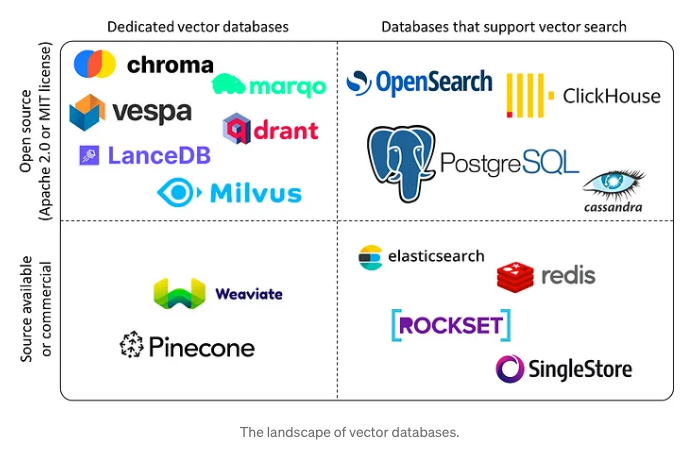
Reference:
https://www.tensorflow.org/tutorials/audio/simple_audio
https://en.wikipedia.org/wiki/Vector_database
Written by:
Yunardo Wiliardi [Fullstack developer at 42 Interactive]
- As a part of 42 Interactive training and research programme -
Looking for AI services to help streamline your business? We can help.

